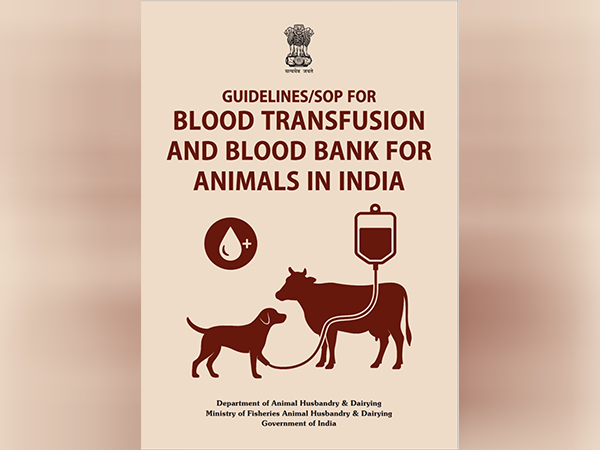India Launches Veterinary Blood Bank Guidelines: A New Era in Animal Healthcare
The Ministry of Fisheries, Animal Husbandry and Dairying introduced guidelines for animal blood transfusion in India, aiming to elevate veterinary care to international standards. The initiative emphasizes the establishment of biosafety-compliant blood banks and donor safety, underlining the importance of One Health principles in managing zoonotic risks.

- Country:
- India
In a stride towards elevating veterinary care, India's Ministry of Fisheries, Animal Husbandry and Dairying has unveiled comprehensive guidelines for animal blood transfusion and blood banks. These protocols are set to establish a scientifically grounded and ethically sound framework governing blood donation, storage, and safety, aligning with global best practices.
The guidelines advocate for state-regulated veterinary blood banks with biosafety-compliant infrastructure. Key measures include mandatory blood typing, cross-matching to avert incompatibility issues, and setting criteria for donor health, age, and screening. Emphasizing voluntary donations, the framework incorporates a Donor Rights Charter alongside One Health principles to curtail zoonotic threats.
Boasting over 537 million livestock and 125 million companion animals, India plays a crucial role in food security and rural economies. Enhanced veterinary diagnostics elevate demand for emergency care and blood transfusion. The rollout of these guidelines is heralded as a pivotal advancement in veterinary healthcare, strengthening animal welfare and rural livelihoods nationwide, stated the government.
(With inputs from agencies.)










